By Guest Author: Paul Armentano.
Armentano is the Deputy Director for NORML, the National Organization for the Reform of Marijuana Laws.This op-ed was distributed by OtherWords.org.
Voters and politicians are reshaping America’s marijuana laws for the better. The possession and use of cannabis is now legal for medical purposes in 38 states and legal for adult recreational use in 23 of those.
Unfortunately, antiquated and discriminatory drug testing policies often haven’t kept up with these changes.
It’s reasonable for employers to expect sobriety on the job. But requiring would-be hires and employees to undergo urine screens for legal and past cannabis exposure are invasive and ineffective. They neither identify workers who may be under the influence nor contribute to a safe work environment.
That’s because conventional urine tests only identify the presence of non-psychoactive “metabolites” — by-products that linger in the body’s blood and urine well after a substance’s mood-altering effects have ended.
Even the U.S. Department of Justice acknowledges: “A positive test result, even when confirmed, only indicates that a particular substance is present in the test subject’s body tissue. It does not indicate abuse or addiction; recency, frequency, or amount of use; or impairment.”
Carboxy THC, marijuana’s primary metabolite, is fat-soluble and can remain detectable in urine for days, weeks, or even months after a person has stopped using cannabis. It doesn’t provide any definitive information about how often an employee uses cannabis, when they last consumed it, or whether they were under the influence when they took the test.
Aside from these practical limitations, there are larger philosophical questions raised by random workplace cannabis testing — especially in jurisdictions where the possession and use of marijuana is now legal under state law.
Studies indicate that employees who consume cannabis during their off hours are little different from their peers. Their workplace performance seldom differs from their co-workers, many of whom consume alcohol, and they don’t pose any increased safety risk.
According to an exhaustive review by the U.S. National Academy of Sciences, “There is no evidence to support a statistical association between cannabis use and occupational accidents or injuries.”
This begs the question: Why are we okay with policies that single marijuana users out and discriminate against them?
Fortunately, in a growing number of jurisdictions, lawmakers are doing away these outdated and discriminatory policies.
The District of Columbia plus California, Connecticut, Montana, New Jersey, New York, and Rhode Island — as well as major corporations like Amazon — have amended their rules so that many employees are no longer terminated from their jobs solely because of a positive drug test for THC metabolites.
The states of , Nevada, and Washington — along with local governments in Atlanta, Baltimore, Philadelphia, and elsewhere — have also enacted laws prohibiting certain employers from taking action against new hires because of a failed drug test for marijuana.
Lawmakers in other states and localities should follow suit and amend workplace cannabis testing regulations in accordance with the plant’s rapidly changing cultural and legal status.
Those who consume alcohol legally and responsibly while away from their jobs aren’t punished by their employers unless their work performance is adversely impacted. Those who legally consume cannabis should be held to a similar standard.




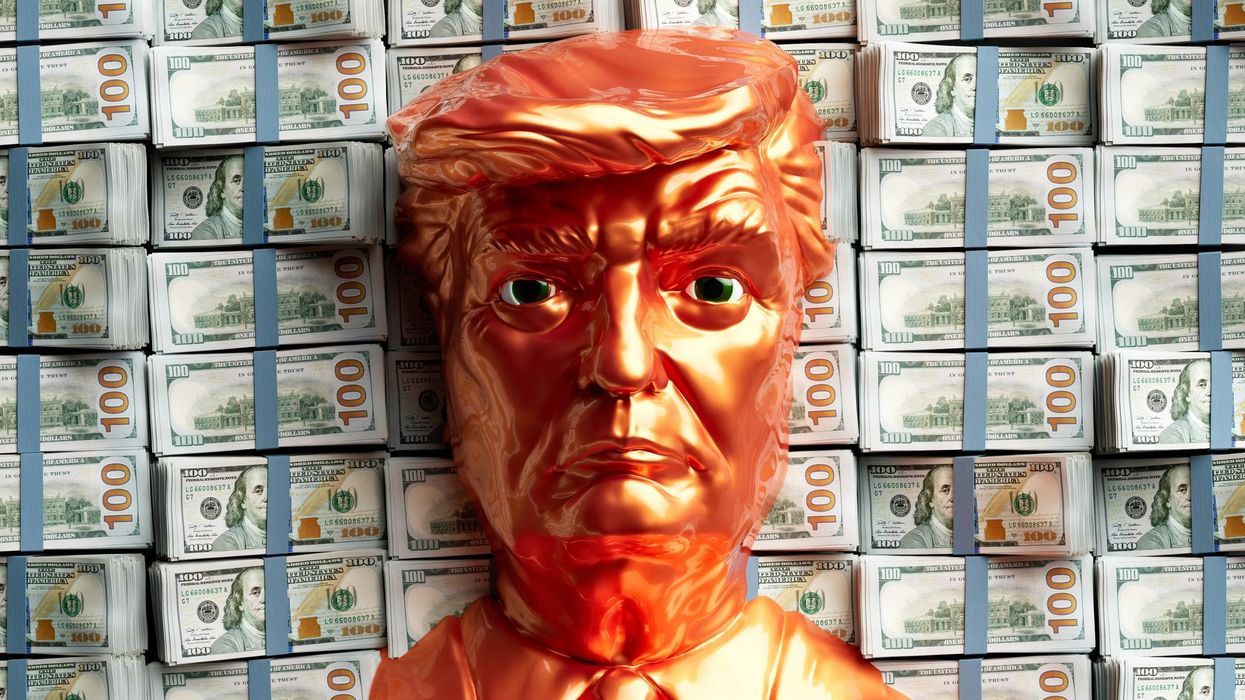

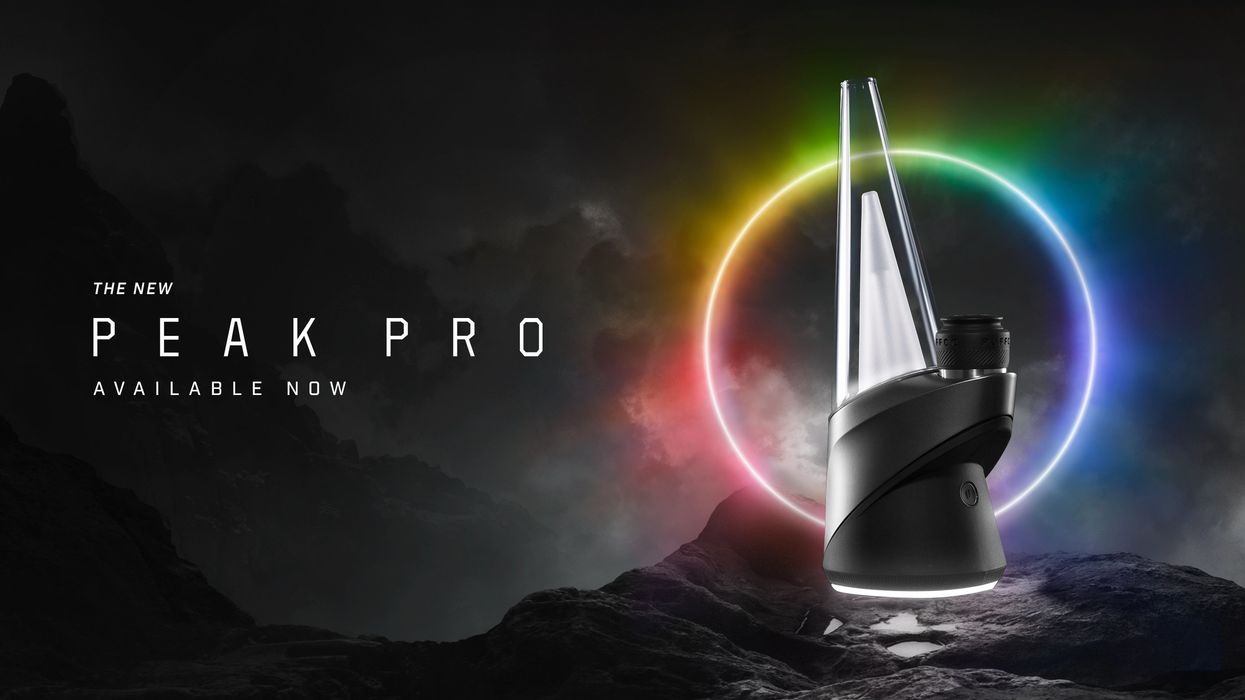
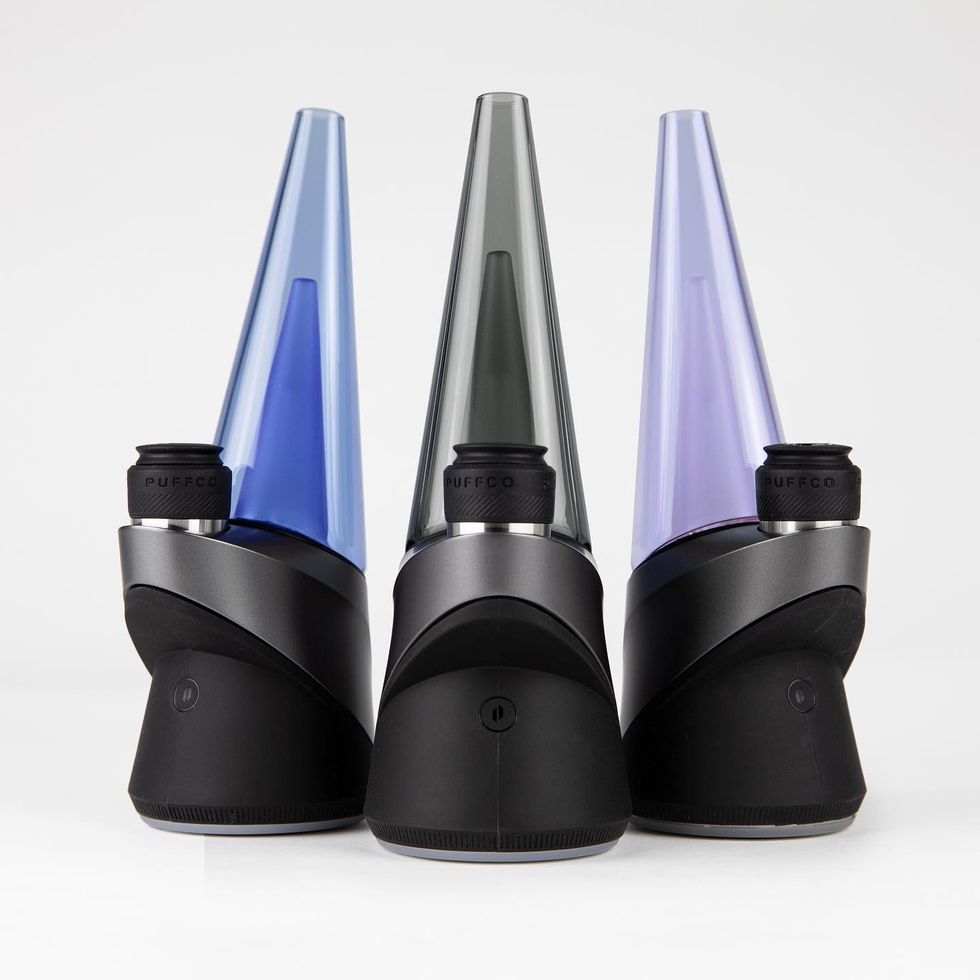 The Puffco Peak Pro brings style and ease to cannabis dabbing.Image from Puffco on Facebook
The Puffco Peak Pro brings style and ease to cannabis dabbing.Image from Puffco on Facebook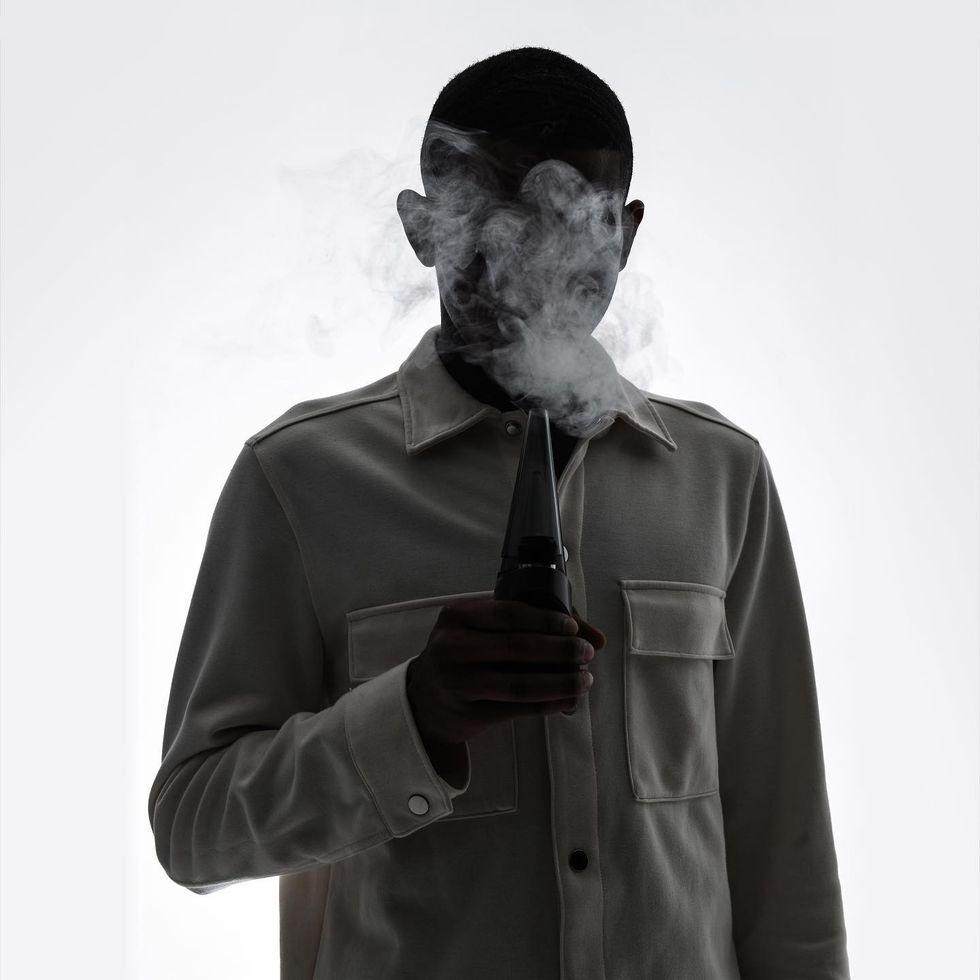 The Puffco Peak Pro is easy to hold AND easy to use.Image from Puffco on Facebook
The Puffco Peak Pro is easy to hold AND easy to use.Image from Puffco on Facebook The Puffco Peak Pro allows you to appreciate cannabis and innovation at the same time.Image from Puffco on Facebook
The Puffco Peak Pro allows you to appreciate cannabis and innovation at the same time.Image from Puffco on Facebook






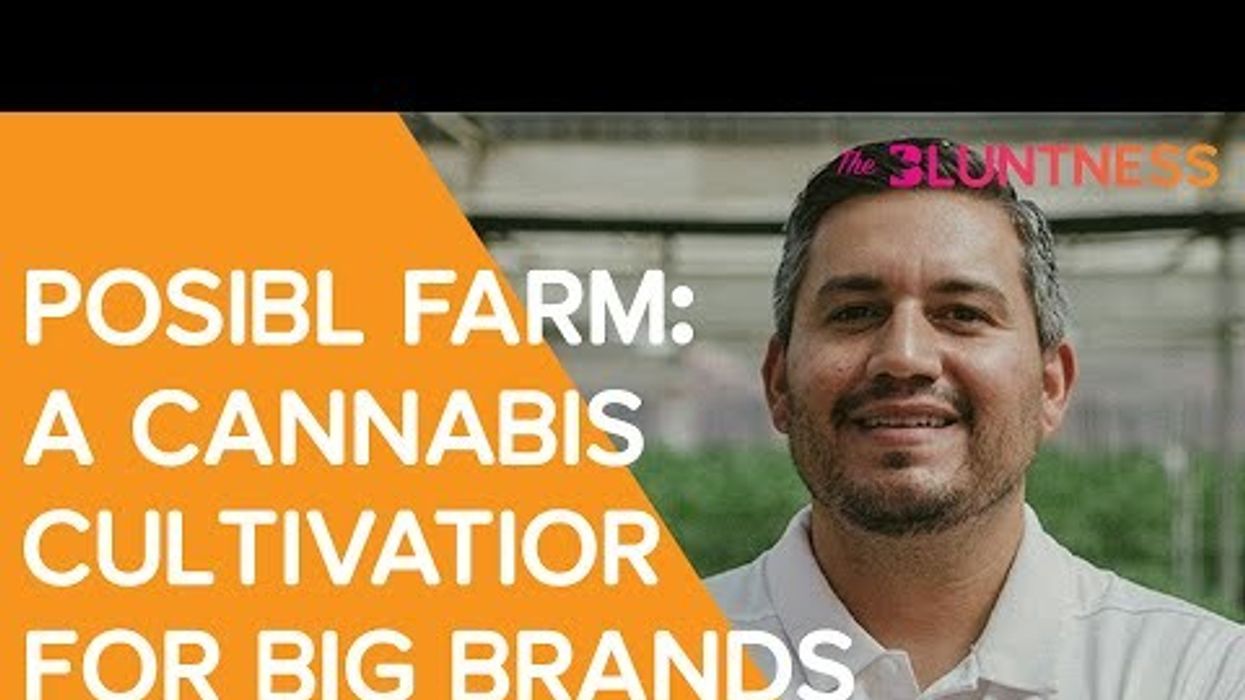
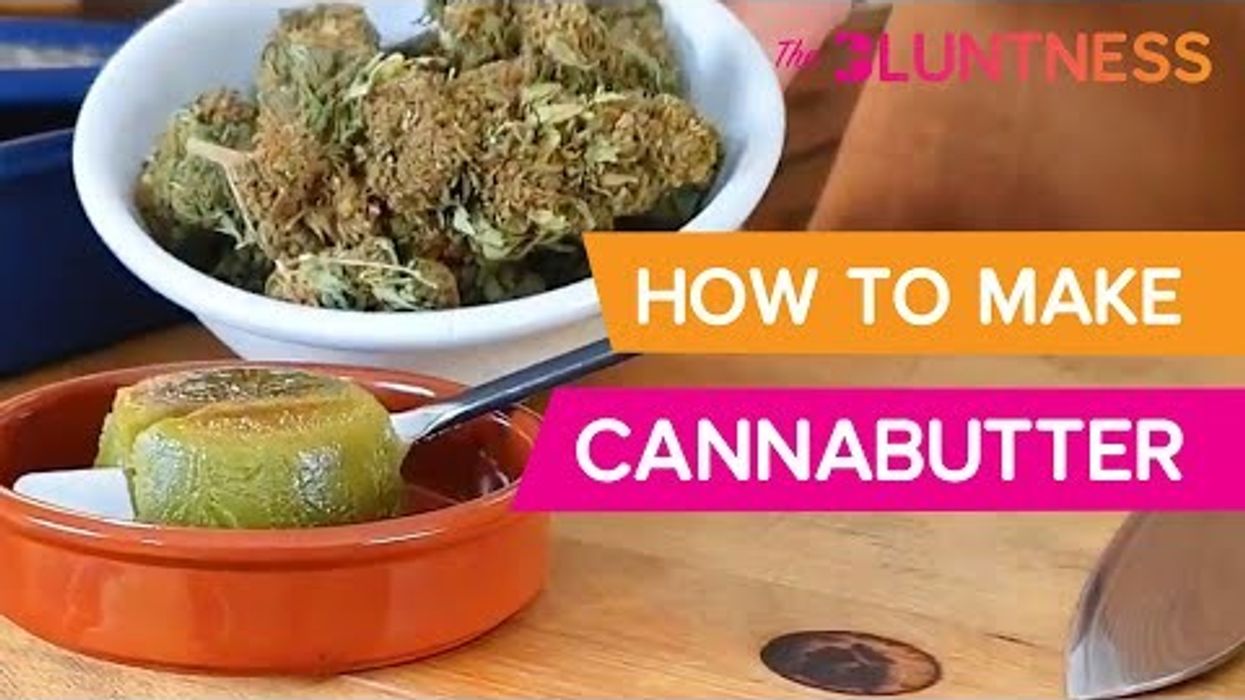
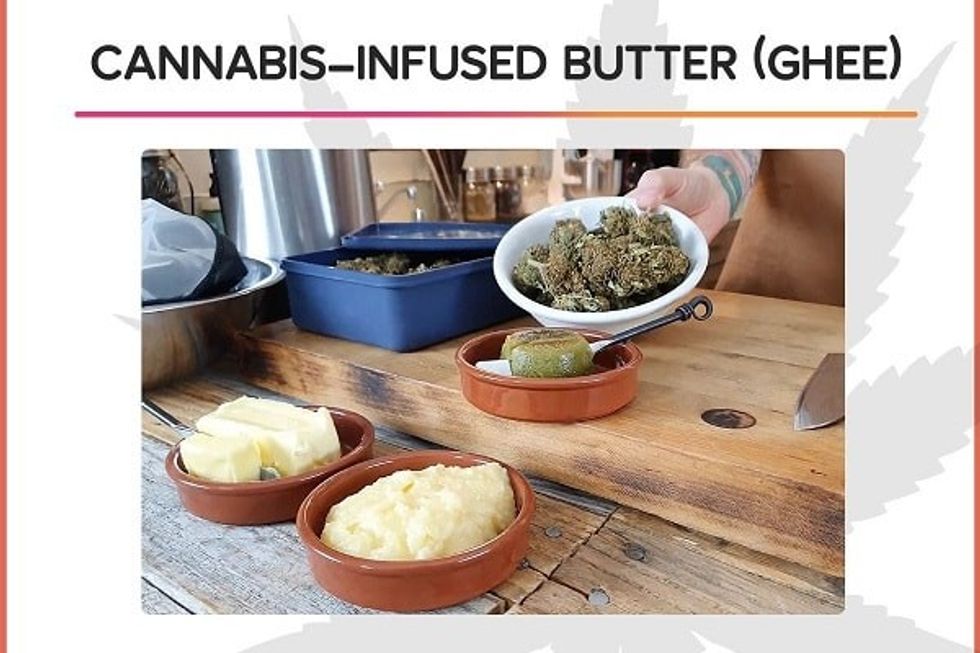
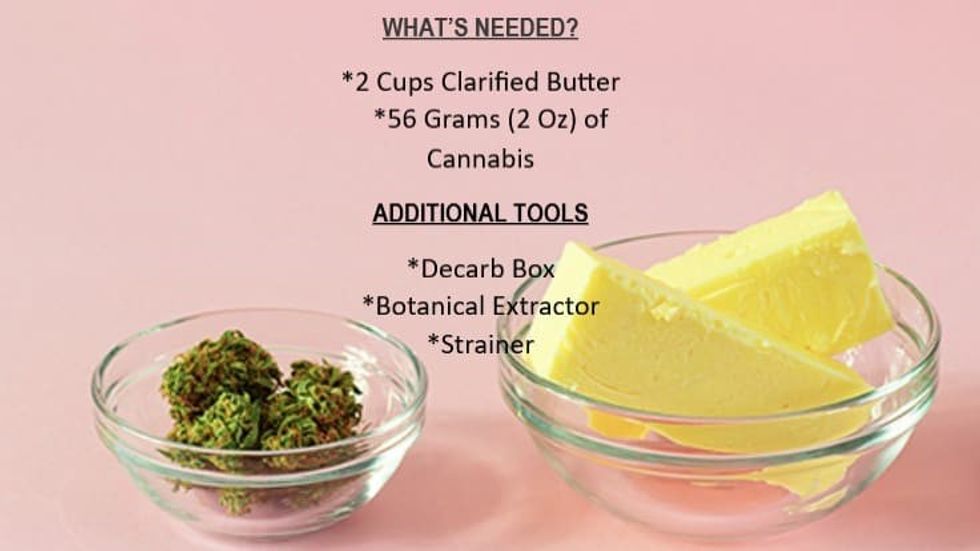
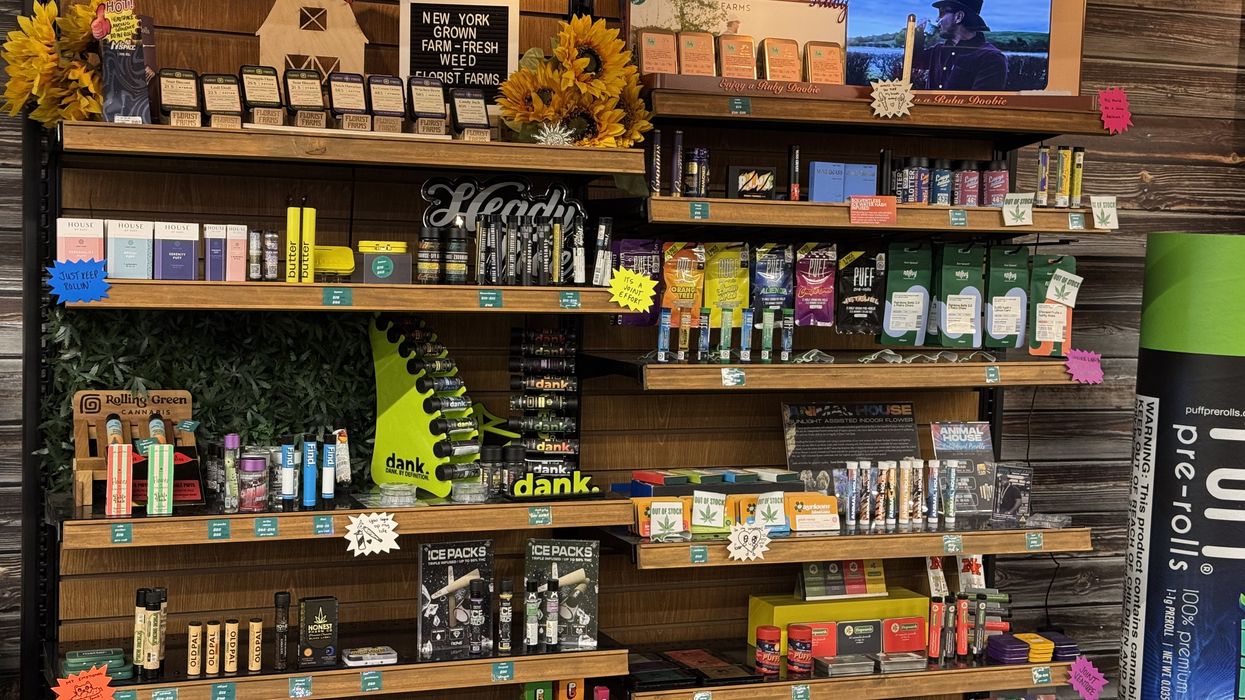
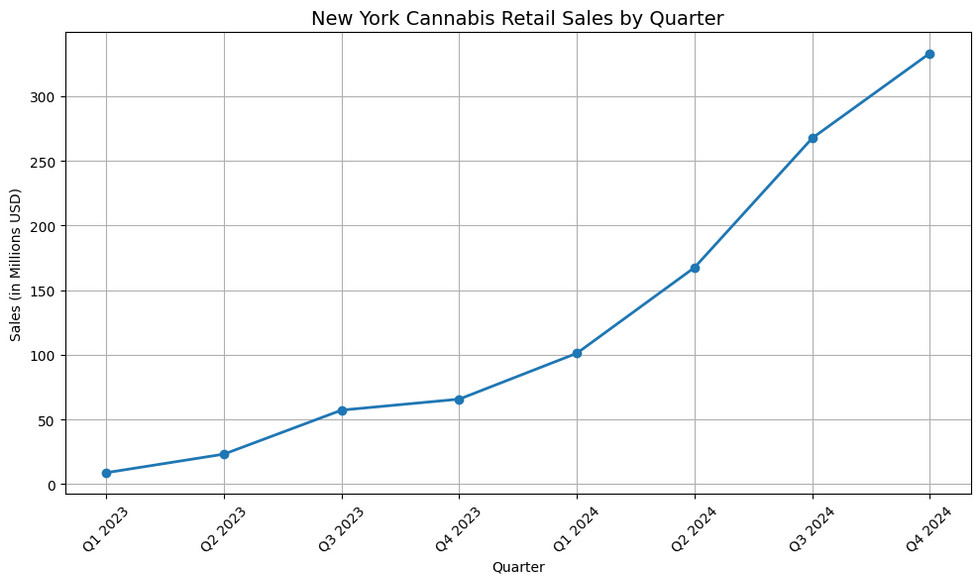 New York Cannabis Retail Sales by Quarter - 2024 - The Bluntness
New York Cannabis Retail Sales by Quarter - 2024 - The Bluntness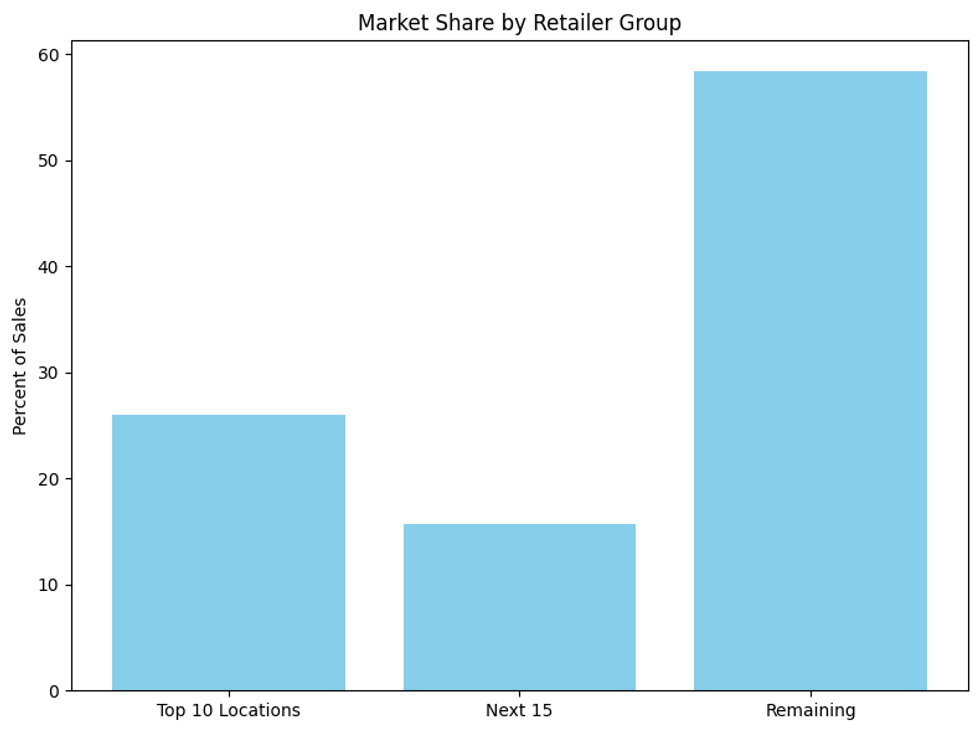 2024 New York Market Share by % of Sales - The BluntnessThe Bluntness
2024 New York Market Share by % of Sales - The BluntnessThe Bluntness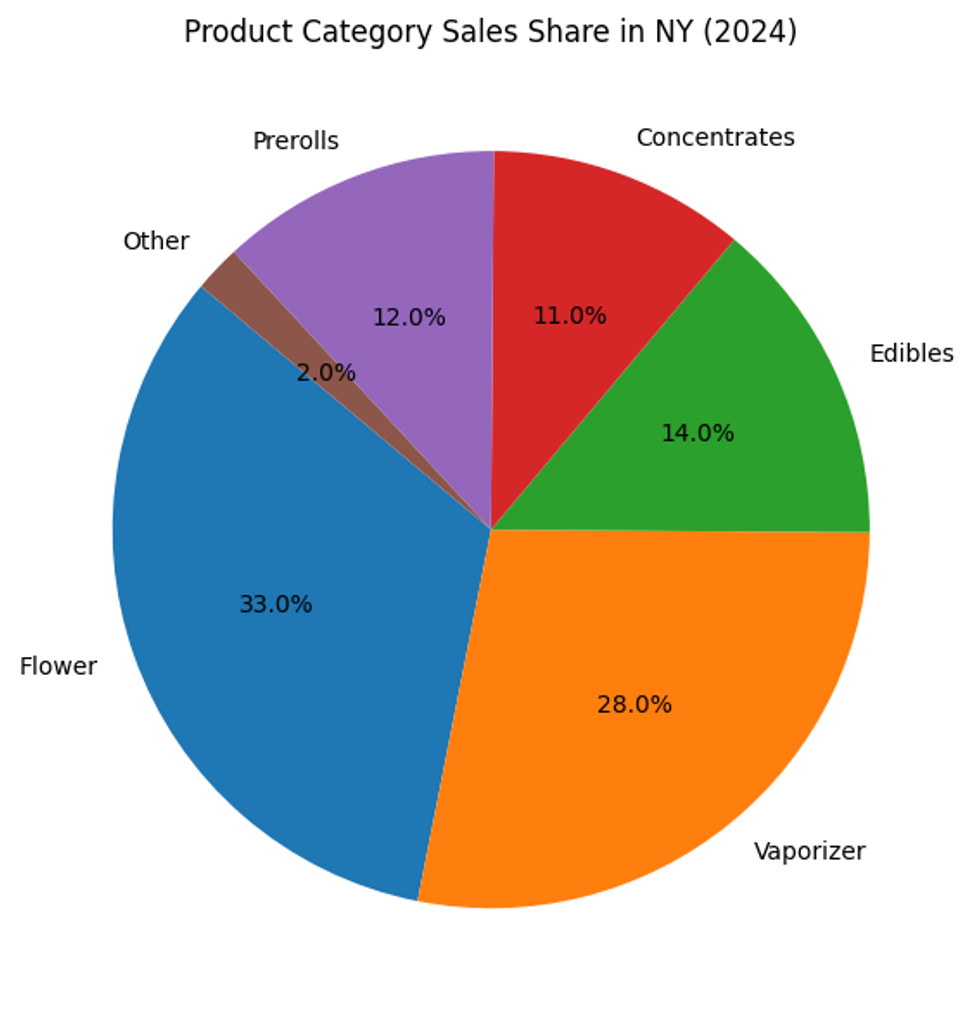 Share of market by product category according to 2024 OCM Report - The Bluntness
Share of market by product category according to 2024 OCM Report - The Bluntness